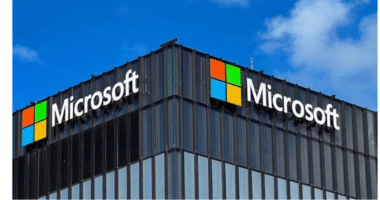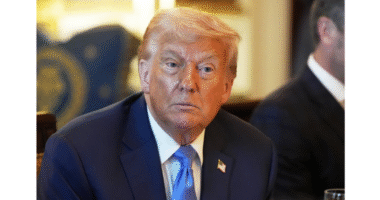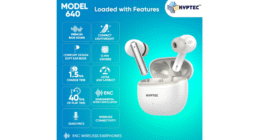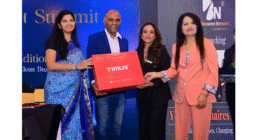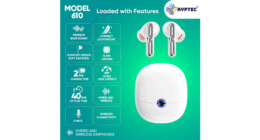India’s business landscape is witnessing a significant shift with the emergence of Direct-to-Consumer (D2C) brands that are revolutionizing the way consumers interact with products and services. This rise of D2C brands marks a new era in the country’s business ecosystem, bringing forth innovative business models and reshaping the traditional retail industry.
D2C brands cater directly to consumers, bypassing traditional intermediaries such as wholesalers and retailers. This direct engagement allows brands to establish a closer relationship with their target audience, gather valuable insights, and deliver personalized experiences. The D2C approach gives companies greater control over their brand image, pricing strategies, and distribution channels, enabling them to adapt quickly to changing market dynamics.
One of the key factors driving the growth of D2C brands in India is the increasing penetration of the internet and smartphones. With more consumers shopping online, D2C brands have found a cost-effective way to reach a wider audience and scale their businesses rapidly. The digital-first approach adopted by these brands not only reduces overhead costs but also provides a seamless shopping experience for customers.
Furthermore, the changing consumer preferences in India have also contributed to the success of D2C brands. Today’s consumers are more conscious about the quality and sustainability of products, seeking brands that align with their values and beliefs. D2C brands have capitalized on this trend by offering transparent and ethically sourced products, appealing to a growing segment of environmentally conscious consumers.
In addition to consumer preferences, the rise of social media and influencer marketing has played a crucial role in propelling D2C brands to the forefront of the industry. Platforms like Instagram and Facebook have become powerful tools for D2C brands to engage with their target audience, showcase their products, and build brand loyalty. Collaborating with influencers and leveraging user-generated content has enabled these brands to create buzz and generate word-of-mouth marketing.
Several Indian D2C brands have emerged as disruptors in their respective industries, challenging traditional players and capturing market share. Companies like Mamaearth, boAt, Sugar Cosmetics, and The Man Company have successfully leveraged the D2C model to establish themselves as formidable players in the market. These brands have differentiated themselves through innovative product offerings, digital marketing strategies, and a customer-centric approach.
The success of D2C brands in India has not gone unnoticed by investors, who see the potential for high growth and scalability in this sector. Venture capitalists and private equity firms have poured in significant capital into D2C startups, enabling them to expand their product range, improve their technology infrastructure, and reach new markets. This influx of funding has further fueled the growth of D2C brands and positioned them as key players in the Indian business landscape.
As India’s D2C sector continues to evolve, challenges such as intense competition, customer acquisition costs, and supply chain logistics remain pertinent. However, the agility and innovation displayed by D2C brands have enabled them to navigate these challenges effectively and capitalize on the opportunities presented by a digitally empowered consumer base.
In conclusion, India’s booming D2C brands represent a new era in the country’s business landscape, marked by innovation, disruption, and customer-centricity. With the rise of digital technologies, changing consumer preferences, and increased investor interest, D2C brands are poised to reshape the future of retail and pave the way for a more dynamic and engaging shopping experience for Indian consumers.
